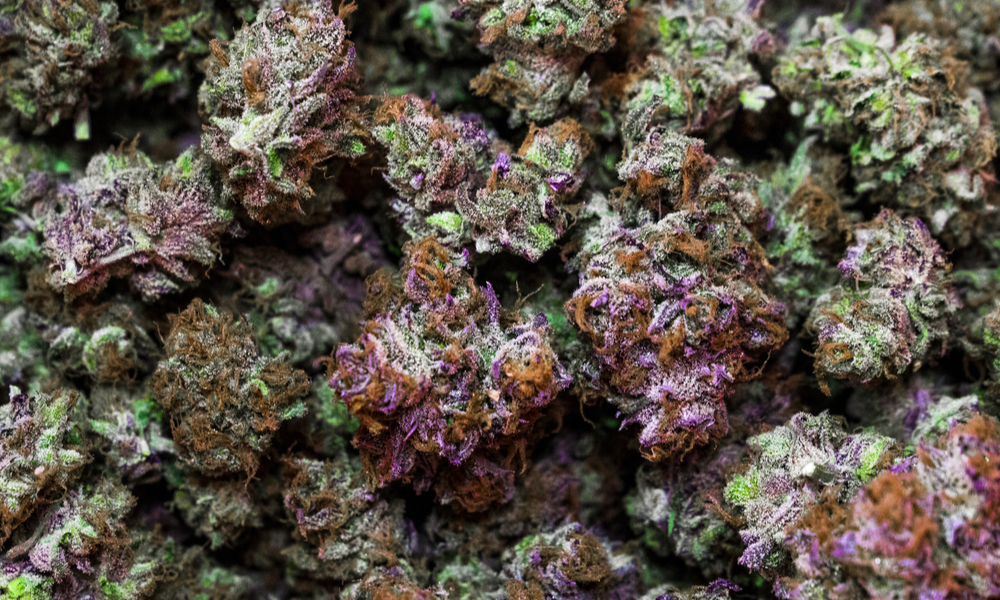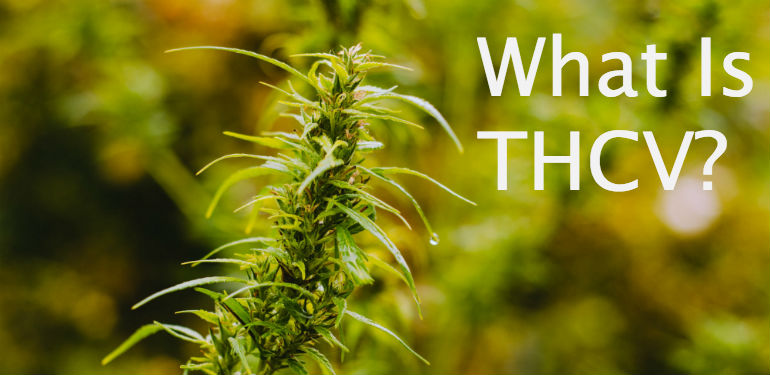Tetrahydrocannabivarin (THCV) is a cannabinoid compound discovered in cannabis and hemp plants. It's chemically similar to tetrahydrocannabinol (THC) however with some essential differences. Here's everything you need to know about THCV including the dangers, benefits, distinctions, and resemblances with other types of THC and more. What Is THCV? THCV is a less typical cannabinoid discovered in some strains of marijuana, particularly African sativa.
 What is THCV? Cannabis Glossary Leafly
What is THCV? Cannabis Glossary Leafly
 What is THCV and what are the benefits of this cannabinoid? Leafly
What is THCV and what are the benefits of this cannabinoid? Leafly
 THCV: What are the Benefits; Does it Get You High? - Additional reading Vaping360
THCV: What are the Benefits; Does it Get You High? - Additional reading Vaping360
THCV has a 3-carbon side chain instead of THC's 5-carbon side chain. This distinction is subtle, however it has a noticeable impact on the result profile. THCV is rather psychoactive but only about and about. What Does THCV Feel Like? THCV has a strong energy-boosting component to it, that makes it specifically popular among students and professional athletes.
In the United States, THCV guideline is nuanced. THCV is not an Arrange I Drug, but cannabis extracts are making it somewhat unclear what the federal position is on THCV. The 2018 Farm Bill states that hemp plants and all derivatives of the plants are legal on a federal level, numerous business comply with this law and still offer THCV to clients by just extracting the substance from hemp plants.
If THCV is considered a THC analog, it could be controlled in the future by the same guidelines as THC under the Federal Analog Act. This act specifies that any substance that shares a similar molecular profile as a known forbidden compound it's included in the very same drug Set up category.
What Are the Impacts of THCV? Proponents of THCV report that it produces an extreme burst of energy and makes them feel blissful without the psychological cloudiness triggered by THC. The results are super mild compared to THC. The impacts are nearly exclusively cognitive yet somehow have really little influence on headspace.
2. THCV & Cravings Some THCV users declare that it curbs their cravings. This is a common effect of other focus-enhancing substances. It's as though THCV gets rid of the interruption of other physical procedures (like hunger) in order to preserve resources and attention to cognitive tasks instead. How Does THCV Work? Cannabinoids produce biological results in the body by engaging with endocannabinoid receptors.
CB1 receptors are located in the anxious system and connect with neurotransmitters in the brain to produce mind-altering effects. Interaction with CB1 websites is what gives some cannabinoids like THC their psychoactivity. THCV is a bit tricky to comprehend since it's primarily a CB1 villain, implying it has the opposite result as THC.
While researchers are still seeking to comprehend this procedure, it appears THCV has the ability to obstruct the results of CB1 in low dosages and promote them in high doses. CB2 receptors are discovered primarily in the immune system. THCV is a partial agonist of CB2, however the results of this partial activity aren't widely known, and it relatively has no discernible impact on THCV users' experience.
As pointed out in the previous area, THCV is a CB1 villain in low dosages which is the specific opposite effect of delta 8 and delta 9 THC. This could imply that THCV combats some of the psychoactive impacts of THC. This impact might describe why individuals who use THCV feel so clear-headed especially compared to the well-known "fogginess" caused by delta 9 THC.